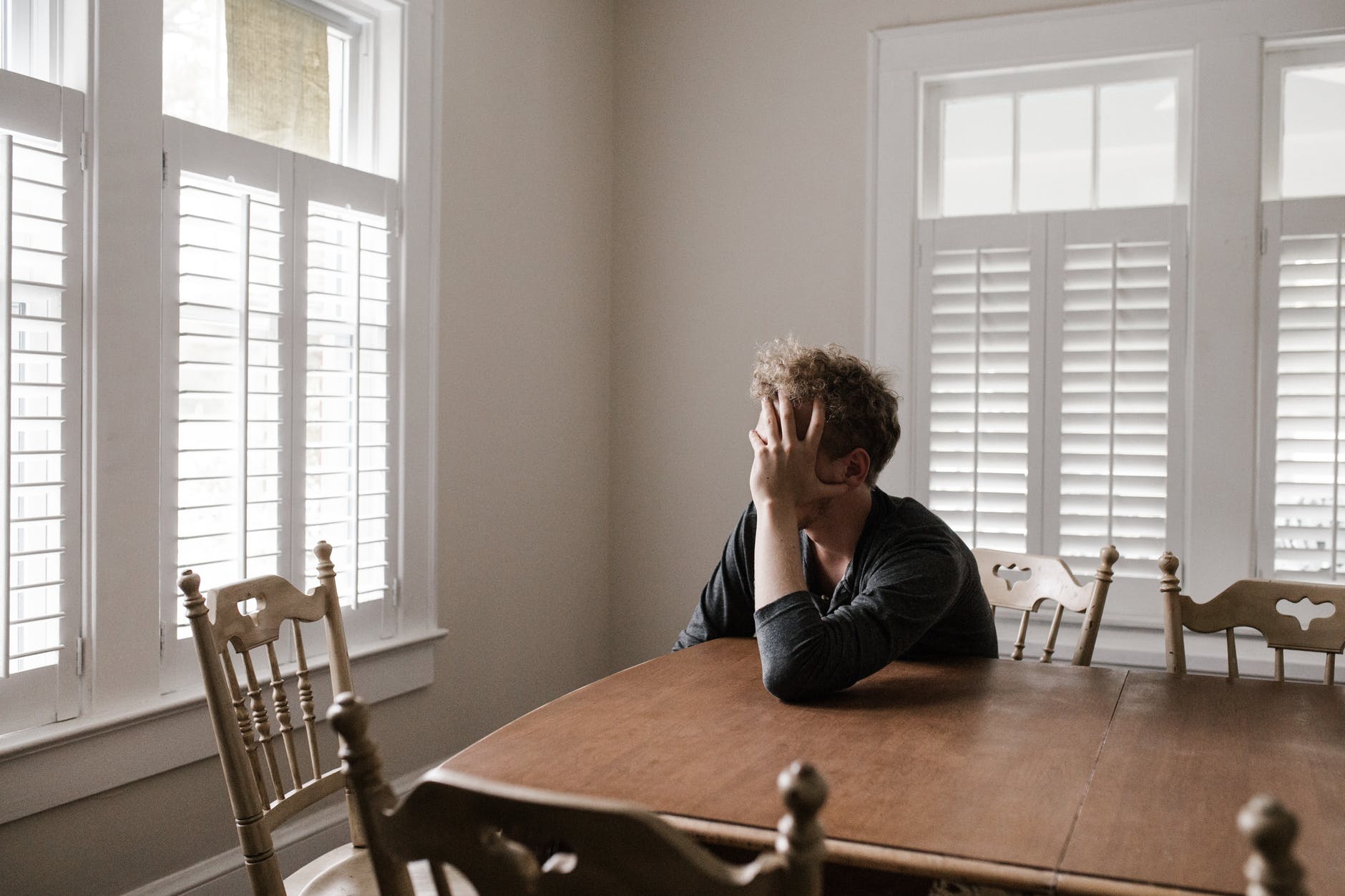26th March 2020
The coronavirus outbreak might make you feel stressed, anxious, overwhelmed and unable to rely on normal sources of support. Social distancing and endless news and social media reports on COVID-19 can be extremely distressing especially if you already struggle with anxiety. Woolpit Health Centre – like other NHS providers and the UK Government – is trying our best to keep the public informed of the news and information they need to know but appreciate it is a worrying time.
NHS OneYou has published ten tips to manage your anxiety during the current difficult time.
1 – Stick to the facts
There is a lot of rumour and misinformation out there. Make sure you get your information from reputable sources like the Woolpit Health Centre website the NHS website or the UK government.
You might want to limit the amount of time you spend on social media or watching, listening or reading about the COVID-19 outbreak in case focussing on it too much just makes you feel worse.
2 – Connect with people
It is very important to follow social distancing and isolation guidance but this doesn’t mean you’re alone. Social media (sometimes), instant messaging and video calling (and don’t forget the phone) are all going to be helpful to keep you connected with friends and family you cannot connect with face to face right now.
Why not take the opportunity to message or call an old friend to reconnect. Video calls are going to be especially useful for children away from school, friends and the wider family and might provide a much needed break from home learning.
3 – Talk about your worries
If you are feeling worried then talk to someone you trust about it. Everyone is going through this situation together and will be able to understand some of what you’re going through. If you can’t think of someone then you can try one of the trusted helplines listed on the NHS website.
4 – Support and help others
Sometimes helping others can help you manage your own worries too. While keeping mindful of current social distancing guidance is there someone you could reach out to? Even if you can’t leave the house then you might have someone close to you who could really use a phone call from someone who cares.
The NHS is recruiting hundreds of thousands of volunteers to help people in need – if you have some time to give then you can read more about it and sign up here.
5 – Make a plan
For some people thinking about all the things that can go wrong will only add to their stress, but during difficult times sometimes having a back up plan can be helpful. Would giving some attention to your store cupboards help you plan meals if you’re going to struggle to get supplies? Could speaking to your mortgage lender sooner rather than later prove useful if money starts to get tight – most lenders are happy to arrange repayment holidays during the current crisis.
6 – Look after your body
Regular exercise can help manage your stress levels. This is going to be particularly important to build into yours (and any children at home) day at the moment. There are some great resources online for exercises you can do at home such as on the NHS website as well as live exercise classes available for adults and kids (for free) on video streaming websites.
7 – Stay on top of difficult feelings
To feel stressed at times like these is normal – but some people can become overwhelmed by intense anxiety or panic attacks. If you have an existing mental health problem you may be struggling with your symptoms more than normal at present. If you are really struggling then remember the doctors and any community mental health team you may already have contact with are still working – but access may be different to normal. We are still here to help if needed.
For some general tips on keeping anxiety under control you can read this useful guide. If you need more support then the help lines detailed here might be useful.
8 – Do things you enjoy
If you are feeling stuck at home then the temptation to keep checking the news or social media can be overwhelming. Make time for keeping up to date with what is going on outside – but don’t forget to actually devote some time to doing something you like as well.
A long-neglected hobby, that book you have been meaning to read or the films or box set a friend has recommended? Now might be an opportunity to devote some time to things that will make you feel better.
9 – Focus on the present
Trying to devote your attention to the here and now rather than worrying about what might be can be extremely helpful for managing stress and anxiety. Mindfulness exercises often available for free online or through free or paid-for apps can be really valuable to help you focus on what is important right now.
10 – Look after your sleep
Getting enough good quality rest will help you cope with whatever life throws at you. Some guidance from the royal college of psychiatrists might help with your sleep.






